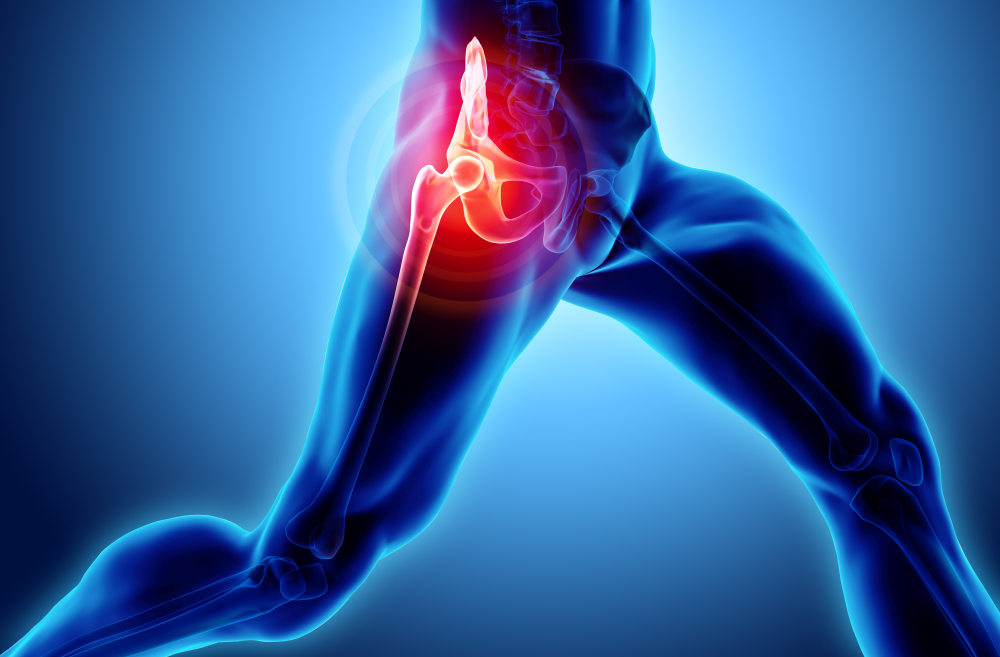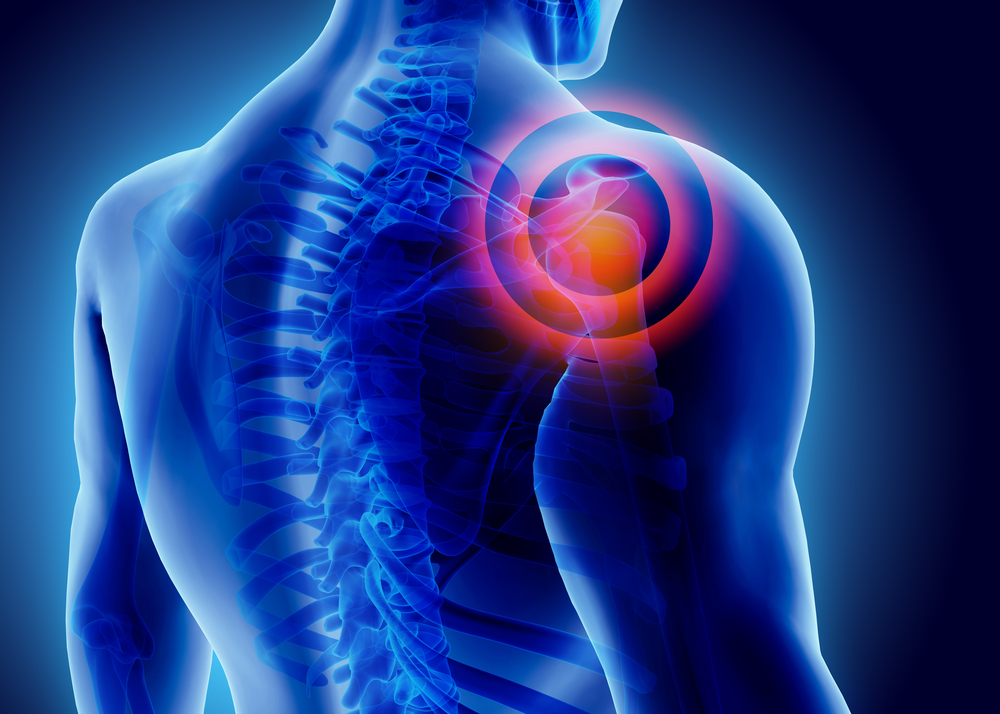Background: Pancreatic cancer is virtually always lethal, and the only FDA-approved therapies–gemcitabine and erlotinib–produce objective responses in less than 10% of patients. Curcumin (diferuloyl methane) is a plant-derived dietary ingredient that suppresses NF-kB and numerous other pathways relevant to pancreatic cancer and has potent preclinical anti-tumor activity. Herein, we evaluated the safety and potential antitumor activity of curcumin against advanced pancreatic cancer, and its impact on biologic correlates. Methods: Patients received 8 grams of curcumin by mouth daily for two months and were then restaged. Maintenance was continued at the same dose and schedule until disease progression. Results: Twenty-five patients were enrolled as of the date of analysis, with 21 evaluable for response. Circulating curcumin was detectable, albeit at low steady-state levels (about 31 ng/ml), suggesting poor oral bioavailability. To date, two patients have had prolonged stable disease (8 and 12+ months). Interestingly, one patient had a brief, but marked tumor regression (73%) (accompanied by significant increases (4–35-fold) in serum cytokine (interleukin-6 (IL-6), IL-8, IL-10, and IL-1 receptor antagonist (IL-1RA) levels). No toxicities have been observed. Curcumin down-regulated expression of NF-kB, COX-2 and phosphorylated STAT3 in peripheral blood mononuclear cells (PBMC) from patients (most of whom had baseline levels considerably higher than those found in healthy volunteers)although the decrease did not reach statistical significance for p65. Curcumin was determined in patient plasma samples after enzymatic digestion with glucuronidase enzyme. While there was considerable variation in plasma curcumin levels from patient to patient, drug levels peaked at 22–41 ng/ml and remained relatively constant over the entire 4 week experimental period. Conclusions: We conclude that oral curcumin is well tolerated and, despite its limited absorption, has biologic activity in patients with pancreatic cancer.


